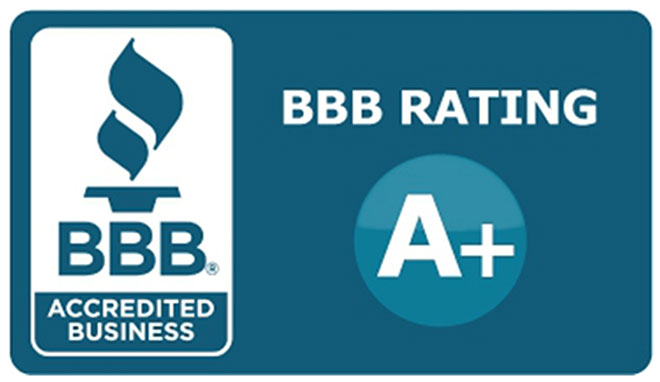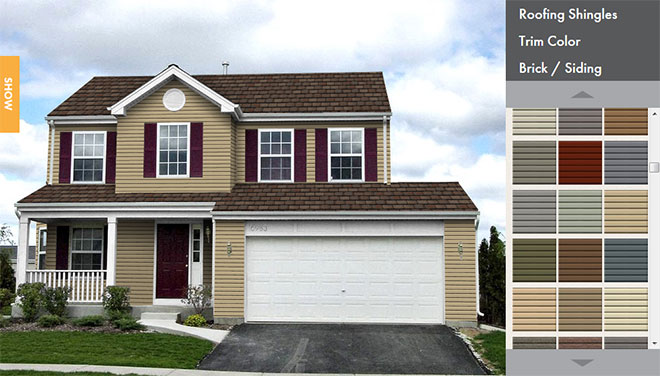Flat Roof Options For Commercial Properties
Flat roofs are more often found on commercial buildings than on residential homes. It is also quite common to see flat roofing on apartments, condominiums & townhome associations, industrial sites, institutions, restaurants, law offices and churches. However, in areas where the climate is arid, a flat roof can provide the homeowner with a relatively inexpensive option for a gable roof or hip roof.
A flat roof also allows building owners to maximize roof top space. With additional roof top space, business owners can install HVAC equipment, satellite dishes, security cameras, etc. They are required to have at least a one-eighth-inch deviation in height over each foot of the roof. Flat roofs are more often found on commercial buildings than on residential homes.
Even though they are not as appealing , a flat roof is still extremely significant and may even require more attention. Flat roof systems work by providing a waterproof covering over a building. Water is then directed to drains, downspouts, and gutters by the slight pitch of the roof.
Commercial Flat Roof Options
There are four main types of commercial flat roof systems. There are 4 main types of flat roofing. They are:
Commercial Flat Roofing:
- Built Up Roofing
- EPDM Single-Ply Roofing
- TPO Single-Ply Roofing
- PVC Single-Ply Roofing
Built Up Roofing – Built-Up Roofing systems or “BUR” systems are time tested and proven to be one of the best solutions for your commercial roof today. BUR systems have been around since the mid-1800s. Modified bitumen and hybrid systems were introduced in the early 1970s leading to more proven performance with bitumen-based roofing systems. Whether you implement a built-up roof, modified bitumen roof or a hybrid system, each offers options and performance advantages such as tensile strength, redundancy, flexibility and impact resistance – when combined increase the systems’ longevity and reduce the chances of premature failures.
Commercial EPDM Single – Ply Roofing System – This system has superior characteristics to survive even the most severe weather through a wide range of temperatures and conditions, and demonstrates superior ozone resistance. The EPDM system membranes are available in several thicknesses, with or without polyester scrim reinforcement and can be installed in ballasted, mechanically fastened or adhered applications.
TPO Single-Ply Roofing – The TPO system is one of the latest Single – Ply, flat roofing technologies on the market today. The current membrane formulations are reinforced with a polyester fabric and manufactured using an ultraviolet-resistant thermoplastic polyolefin formulation. There are two types of TPO roofing products, TPO and TPO-1. They both come in several thicknesses. This results in an ideal commercial roofing system that is reliable, cost effective, environmentally friendly and easy to install. The TPO systems can be installed fully adhered or mechanically fastened.
PVC Single-Ply Roofing – PVC roofing systems are cleaner, quicker, and more economical. The system is able to withstand heat, wind, rain, varying temperatures (great for colder climate area or extreme temperature areas) and many contaminants. The heat-weldable seams provide a unified, watertight seal as strong as the membrane itself. PVC Single – Ply systems can be installed fully adhered or mechanically fastened.
Looking For More Information About Flat Roofing?
Like most roofing repair projects, flat roof repair is best left to experienced professionals, as leaks in a flat surface are generally more difficult to diagnose and patch – not to mention the personal safety risk you run when you take roofing matters into your own hands! Roofing or re-roofing your business or commercial property is a big investment. For more information about flat roof systems, contact a commercial flat roofing contractor.


 Click Here
Click Here Click Here To Use
Click Here To Use